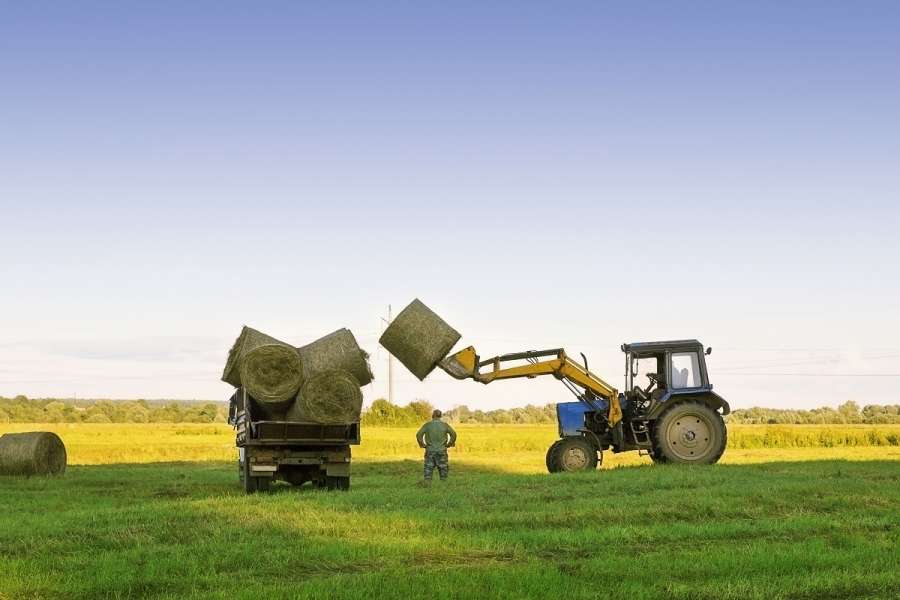In May 2024, Taylors appealed to the Employment Appeal Tribunal.
In its argument, Taylors made an analogous comparison to care sector workers, who are not entitled to payment of the national minimum wage during 'sleep-in' shifts as during this time, the workers could not be described as 'working'.
Taylors claimed this finding should apply to its workers during travelling time.
The Employment Appeal Tribunal considered it necessary to review the NMWR closely to determine what 'work' meant. It was determined that ordinary travelling did not constitute 'work' for the NMWR.
The Employment Appeal Tribunal, recognising that this situation was rare, found that:
"The workers, while on the minibus, were not working in any ordinary sense. They would have been free to talk, snooze, read, and, if they had the necessary electronic devices, listen to music, watch a film, or spend their time applying for more agreeable employment."
However, The Appeal Tribunal noted that had the workers been required to attend Taylors' business premises before travelling to an assignment, any subsequent travel time would have been 'work' for the NMWR, and the National Minimum Wage would have been payable.













